The answer is yes, it can. However, it is essential to emphasize a few ways to avoid this problem. You should buy your Google Home from the official store, which uses encryption and more secure protocols for buying and selling hardware.
Firstly, when you initiate the purchasing process, you must verify that the device always works. You can do this by examining the information on the “Secure connections” in the main shopping area.
Secondly, make sure to enable 2-step authentication. This extra layer of security requires you to enter two codes.
Lastly, use a secure connection when connecting your device to the internet. There are times when wireless networks can be hacked. The detailed steps and information are provided below.
Can Google Home Be Hacked (and How to Prevent It)?
Quick Navigation
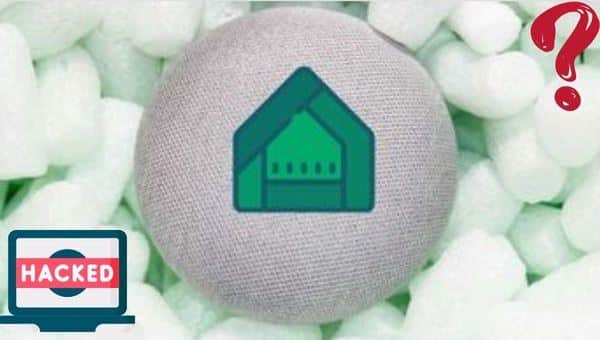
Google is one of the biggest search engines out there. It dominates half of the web searches in the US and about 8% worldwide.
They’re also one of the most widely-used devices: about a quarter of US households have at least one Google device, like Chromecast or Android phones. Google is a company that no one for its search activities can ignore.
But Is it True That Google Can Be Hacked?
The Answer is Yes: You Can Hack a Google Home.
But there are a few things that you need to know first.
First, let’s note that Google doesn’t make smart speakers themselves. They act as a full-service brain, should you choose the more expensive models that come with the company’s assistant (Alexa and Siri).
These devices can be hacked, but it happens way more often than most people think. Google does everything it can to prevent this, but your home device is still susceptible to hacking skills from developers or anonymous users.
So, What Are The Steps To Prevent Your Google From Being Hacked?
- To protect yourself from hackers, it’s necessary to take proactive measures. Passwords, encryption, and two-factor authentication are the steps you need to take if you want your Google account hack-free.
- If someone has stolen or leaked a past data breach, you could use that password to get into your Google account.
- However, Google offers a “Password Checkup” feature that can tell you if any of your passwords are on lists of known or suspected leaked login credentials.
- Once you sign in at Password Checkup, Google will ask you to enter a username and password.
- Then, Google will tell you if your username and password have been leaked recently. If the answer is yes, change your password immediately!
- Don’t use the same password for everything.
- If your account information has been stolen, someone could use the same login details to access other Google services that you’ve signed up for.
- Don’t use the same password for different websites.
- Changing your password on all the websites you sign in to with Google would be advisable.
- Ensure that your data is encrypted.
- Encryption is a function that makes it impossible for others to read or view a file without being able to decode it or break its encryption code.
- You can ensure that your data is encrypted by:
- Using devices that encrypt automatically when connected to a trusted WiFi network.
- Using apps with encryption features, such as signal (for communications), Boxcryptor (for cloud storage), etc.
- Turn on full-disk encryption on your mobile phone or computer by configuring your operating system to require a password each time before the disk can be accessed.
How to Hack Google?
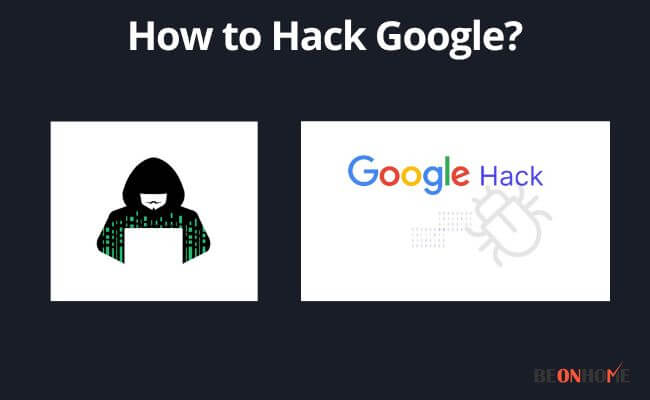
If you follow these steps, you can hack into any website in less than 15 minutes. It’s easy, but it does take a little bit of patience.
1. Go to Google.com, and click “I’m feeling lucky.” Google will take you to a random website in English or your native language. It doesn’t matter if this search leads you nowhere. Just make sure that you select the “I’m feeling lucky” option first.
2. Do another search on Google.com with any term relevant to your objective, e.g., “How to hack Google?” or “How to hack into Google.”
3. Select the second option and type that search term into the “search terms” box. You need to do this twice: once for the search term you want to enter and once for the actual search engine you use.
4. If a website is listed as the first result, click on it. If a link http://www.google.com.co/ is the first result, exit the browser and restart it.
5. If a website is listed as the first result, click on it. You will be taken to a website for a search engine called “Google” with an address www.google.com.
6. Type “www” without the quotes into that website’s search bar and press enter (in the case of Google™, www.google.com will appear in the search bar).
Is Google Home Always listening?
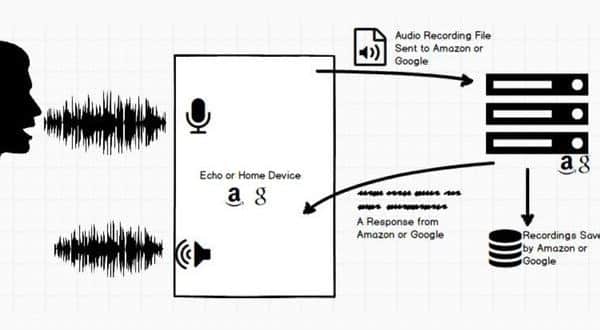
It’s a question that many of us have wondered at some point. Is your computer always listening? Why does it take so long for my laptop to start up after I press the power button?
Well, we’re here to answer these questions and more. We’ll explore Google Home, its functionality, and how it compares to similar products like Alexa.
Google Home & Listening
Google Home is a product that was unveiled in 2016 and launched in 2017. It’s a competitor for Amazon’s popular voice assistant Alexa, but it has some key differences. One of those differences is that Google Home does not run 24/7 as Alexa devices do.
The device goes into a low power state when it detects that no one is speaking to it, but if you have the microphones on your device enabled, there is always the chance that Google Home may listen to you 24/7.
To Get The Maximum Range That You Can Get Out of a Google Home Device:
- It is critical to place it where there is no other static noise.
- If you do not do this, then Google Home may not be able to hear your commands.
- The microphone on the device is excellent, but placement and background noise all play a crucial role in what speech recognition can accomplish.
- It’s also worth noting that Google Home is always a listening device which constantly listens in the background.
- This reduces battery life, but it’s important to note that the microphone on this device can be turned off.
Alexa & Listening
Alexa and similar devices are always listening as well. They will listen when you have activated it by saying “Alexa” when they’re not in use. That means they can activate anytime and speak to you right when you’re not expecting them to respond.
How Secure is Google Home?
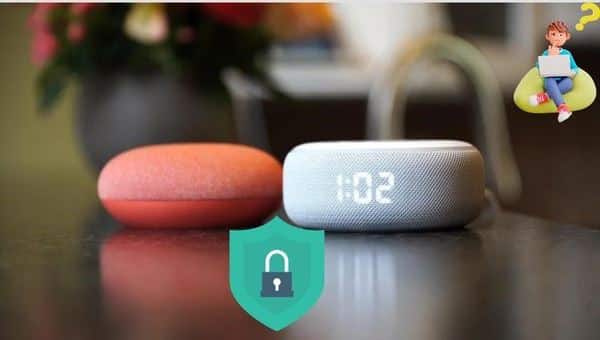
With all the new Google Home types, you may wonder if your privacy and security are at risk. The short answer is that your data is safe, and Google has no intention of reselling it to third parties.
Google Home listens for a word or phrase commonly known as a “hot word,” which triggers what it assumes to be a command, such as “OK, Google” or “Hey, Google.” The hot word is followed by a question, such as “What is the weather at home?” or “What is my next appointment?”
Google Home must answer the question to provide you with the requested information. If it does not know an answer for a particular query, it will look for an answer elsewhere (based on its built-in web search) and then deliver that answer through voice announcement.
The Home device only sends recordings to Google after it hears and recognizes the hot word. It does not communicate with Google in any other way.
Since it uses a mesh network technology, it does not communicate with servers outside its local Wi-Fi range.
The recorded data is then analyzed to determine which audio files to retain within Google’s servers. You can think of the data as going through a “black hole.”
There are no known or demonstrated methods of removing the data from Google’s servers. You can delete the recordings from within the Home device and from Google’s YouTube or Play Music services.
However, it will remain safeguarded within their servers, and a search for that phrase can still trigger notifications.
In case of getting hacked, the steps we provide in this article will help you in all possible ways.
How Do I Protect My Google Home Privacy?
- If you’re unsure about the new Google Home but are still curious, it’s best to stick with your own devices to know where the data is stored.
- It may also be prudent for parents to take advantage of the “child mode,” which is designed for children under 13 and blocks content from YouTube and other voice assistant apps which may not be appropriate for kids.
- If you’re worried about the privacy implications of a connected home, there are plenty of other options for smart speakers, such as the Amazon Echo, where the company has expressed a commitment to privacy.
- But, if you want to try Google Home and don’t want to spend money on Amazon or Microsoft models, then here are ways to ensure your voice assistant protects your privacy.
1. Go Through The Privacy Checkup
- Before starting with Google Home, review your privacy settings for a few minutes.
- The new voice assistant will ask you a series of questions to create a customized experience based on your preferences.
- It’s worth ensuring this personalized service provides you with the right level of comfort and security.
- You can also set up a digital ID for your Google account, which is optional but recommended.
- This will make it harder for anyone else to impersonate you or access your data or settings on Google Home.
2. Check Your Google Home’s Audio History Regularly
- If you have a Google Home device, you can review the device’s voice requests by visiting the website.
- You should do this regularly to ensure no one else is accessing your information without your permission.
Final Talk
We have provided the detailed steps and information here. For more, go through Google and YouTube Videos.


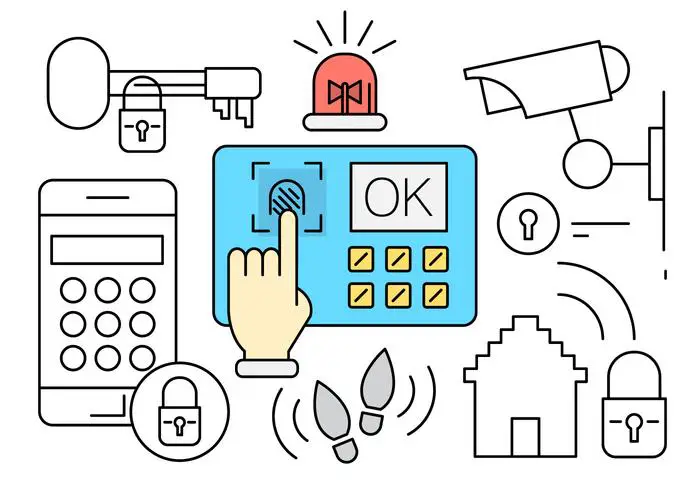
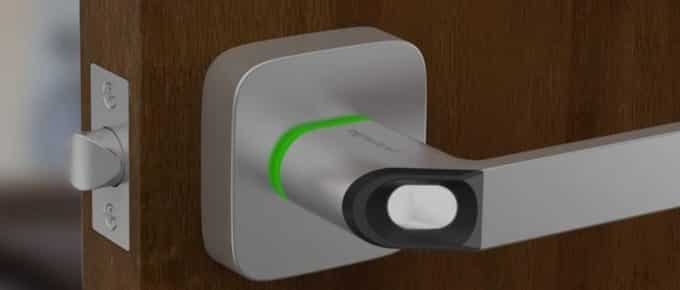


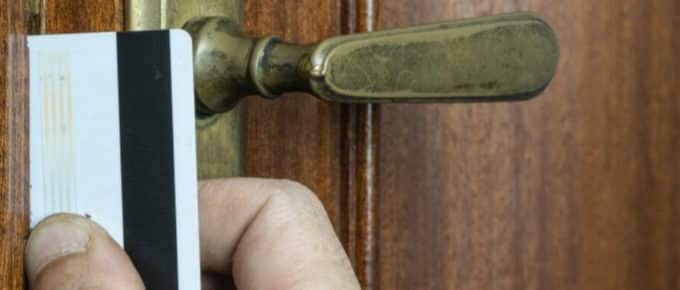
Leave a Reply